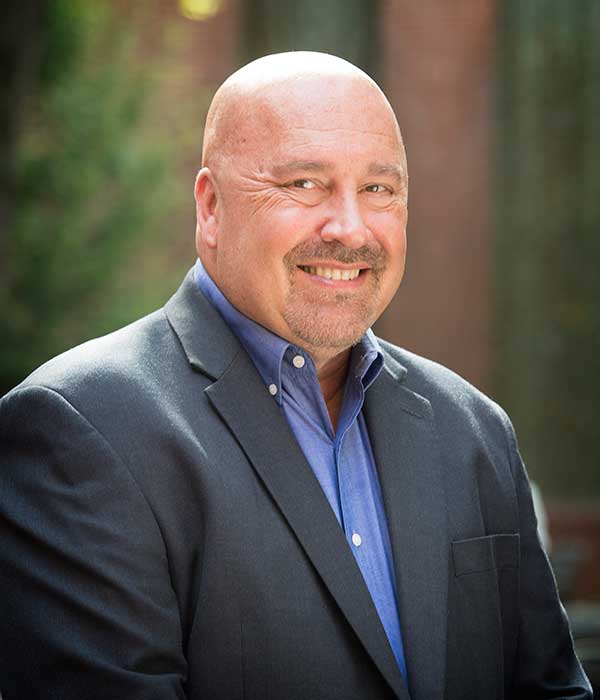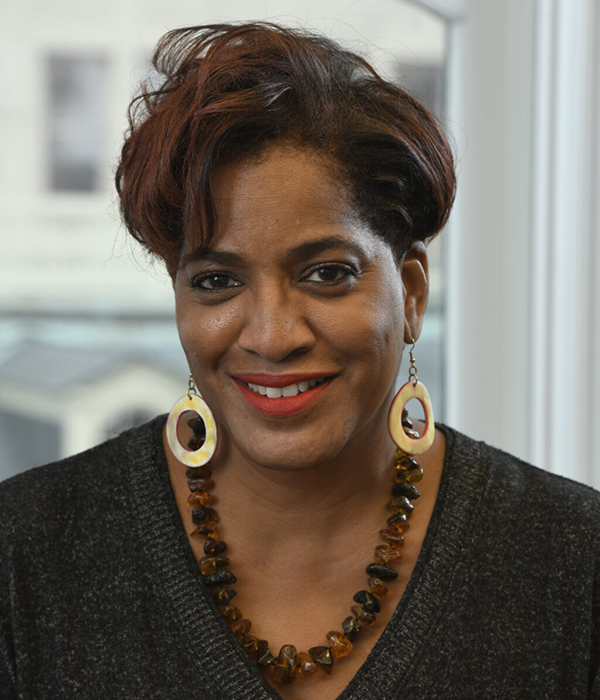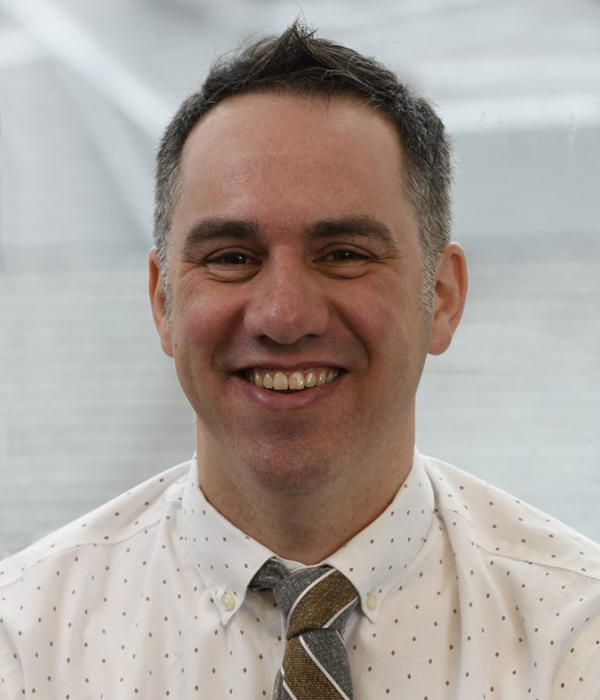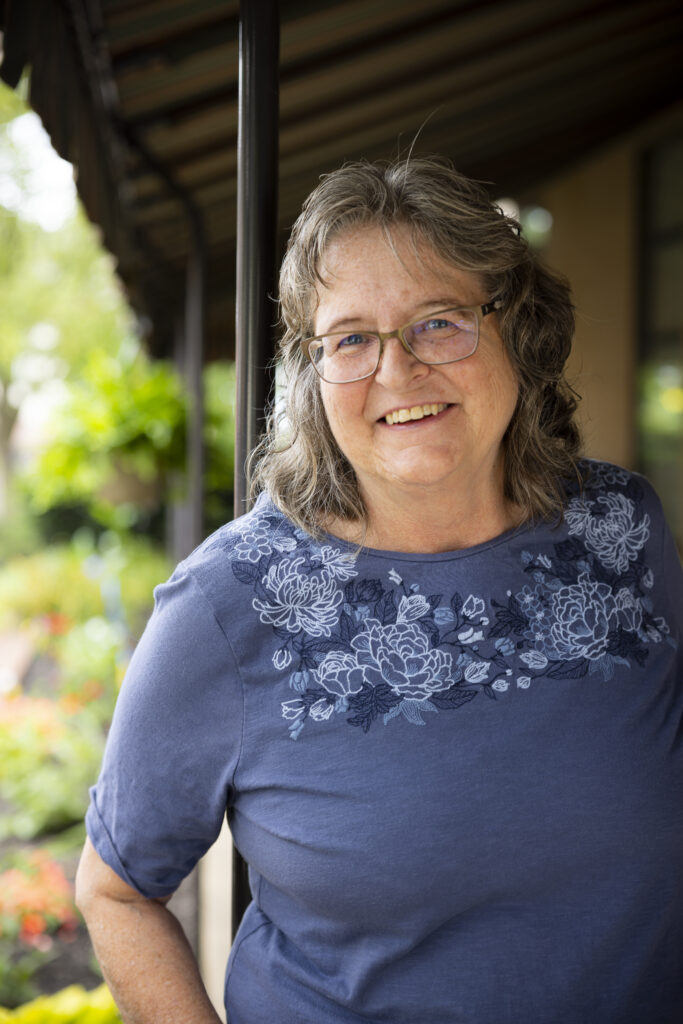
HDC communities can be a safe, affordable place for individuals to live out the next chapter of their lives. That is the case for St. Peter Apartments resident Wendy Boyd, who moved into her apartment a year ago after looking for an ADA compliant apartment for a long time. Wendy has an aggressive rheumatoid diagnosis that has impacted her mobility and depleted her finances causing her to need an affordable, accessible apartment to support her quality of life.
“I know that with buildings like this, there’s a stigma attached. Like we’re low-income housing, but I prefer the terminology affordable housing. I did not grow up poor. I had a decent paying job in my career. I’m an accountant by trade,” she says. “This can happen to anyone. Getting sick and ending up in a situation like this can happen to anyone.”
Read more about Wendy’s story in her own words here.
In her own words:
I moved in this past July. I have a rheumatoid diagnosis. It’s a very aggressive, progressive form of it. I was staying with a friend of mine in Wrightsville and at that point I was applying for social security and disability. It was becoming impossible to function.
I found a very tiny affordable apartment in Marietta, so I became familiar with the area. I learned there were high rises nearby. I applied for both St. Peters Apartments and Trinity House Apartments, and some places in York. I waited on the list for three and a half years to get the call.
When I was on the waiting list, I would call in and ask where I was on the list. I would think, what am I supposed to do? Sometimes I would break down and cry. There are only so many places allocated for people under age 62 with mobility issues. I was shocked at how long the waiting list is. What do people who are in my situation do?
That final year in Marietta, on the second floor, it was not disability friendly. I was having a lot of trouble. It was such a blessing when St. Peters finally called. I didn’t know what I was going to do. By that point, I was crawling up the stairs to my apartment. Doing grocery shopping and things, it just wasn’t happening anymore.
I was very surprised when I saw the apartment. It’s wheelchair accessible, so if I ever do end up needing one, I know I’ll be able to move around. Right now, I walk with a cane or a walker. For my mobility issues, the elevator is a God send.
The apartment is a nice size, and the building, they do a fantastic job of keeping it clean. Knowing there’s something here in the building with me all the time, I don’t feel so alone. It’s not as scary.
Before I got sick, I owned a house in Lititz. My daughter was killed in a car accident 16 years ago. That’s when my life really changed. Things started to unravel at that point. That’s when I realized there was something physically wrong with me. My hands are mangled. The medications can be pretty brutal too.
I went from my own house of 25 years to an apartment to here. Sometimes there’s a lot of activity here, and that can still be a little overwhelming.
I’ve gone to some of the community lunches. I was kind of surprised that there weren’t more people in attendance. For $5, you get quite the meal.
Community can be good and community can be bad, but overall I can’t imagine having to move or waiting to move somewhere else from here. It has met my needs. And it has been a God send financially.
I know that with buildings like this, there’s a stigma attached. Like we’re low-income housing, but I prefer the terminology affordable housing. I did not grow up poor. I had a decent paying job in my career. I’m an accountant by trade. This can happen to anyone. Getting sick and ending up in a situation like this can happen to anyone. When you are faced with that question of what am I going to do? My resources were depleted because I was waiting for disability.
I’m 57 years old. Either I’m going to maintain my independence and I’ll be here till I die, so I’ll go to a nursing home. That sounds sad. It sounds morbid, but it’s a reality.
I know very few people who are here only because it’s cheap. We’re not pocketing a ton of money. We’re here because we have to be. So why can’t we make this a pleasant experience?

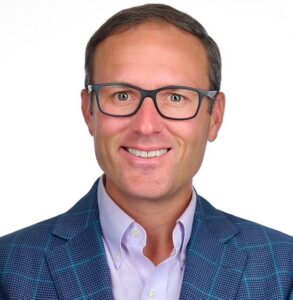
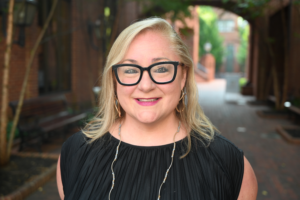
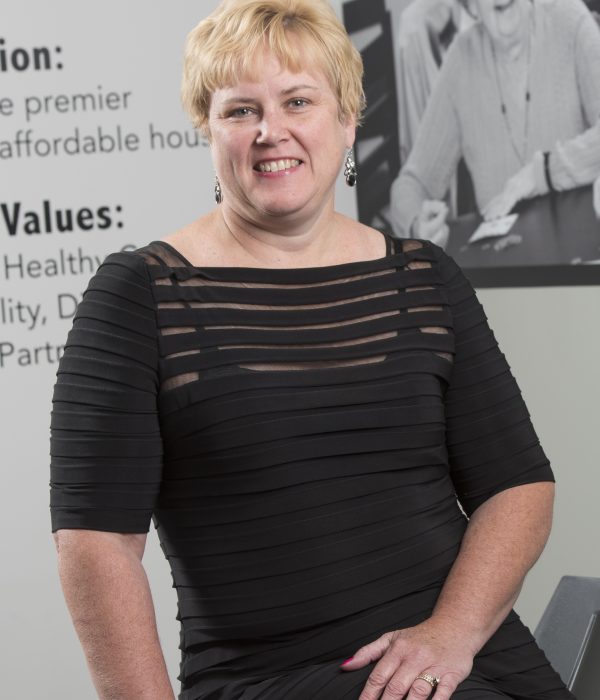



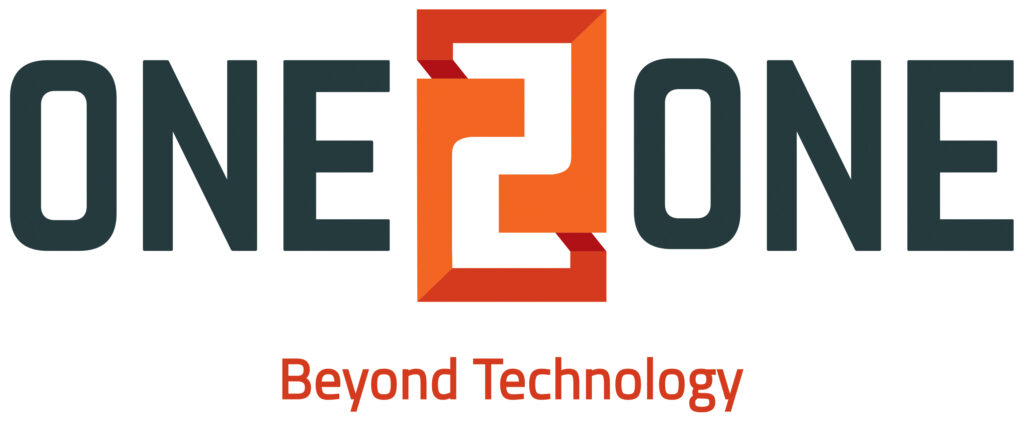


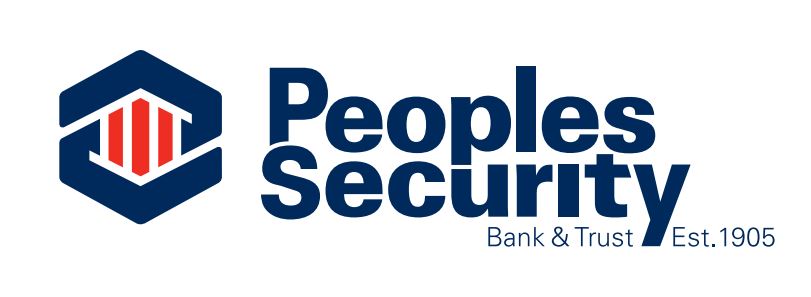
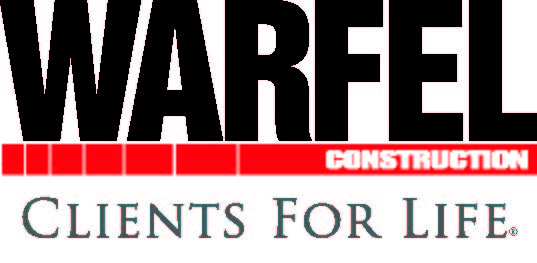

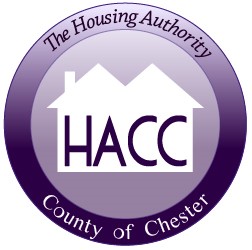









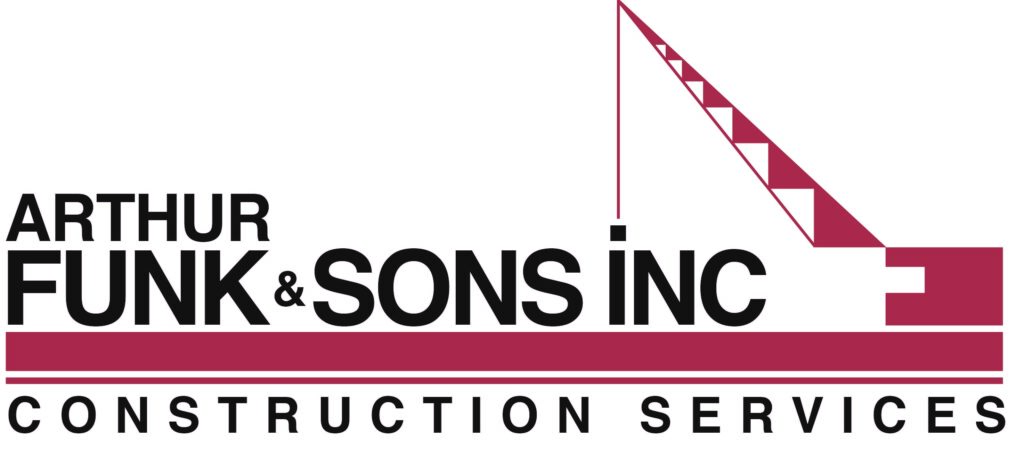
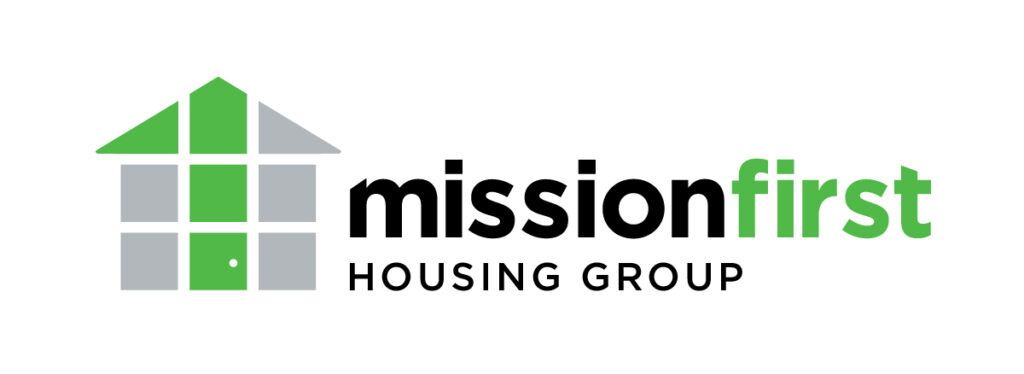


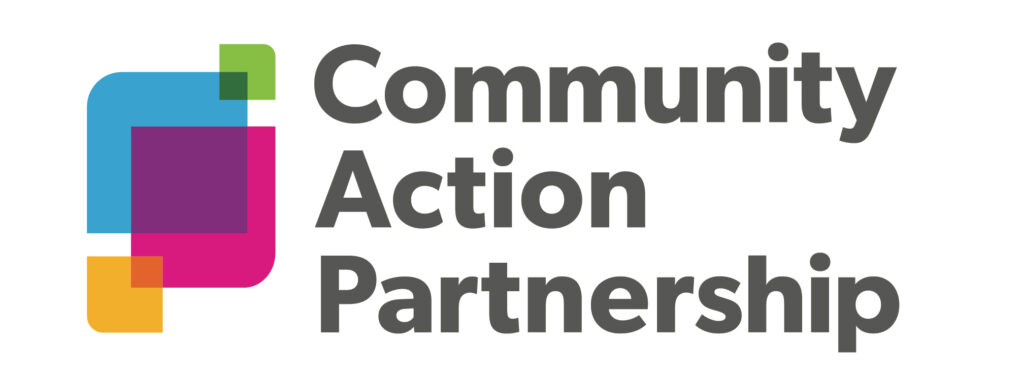

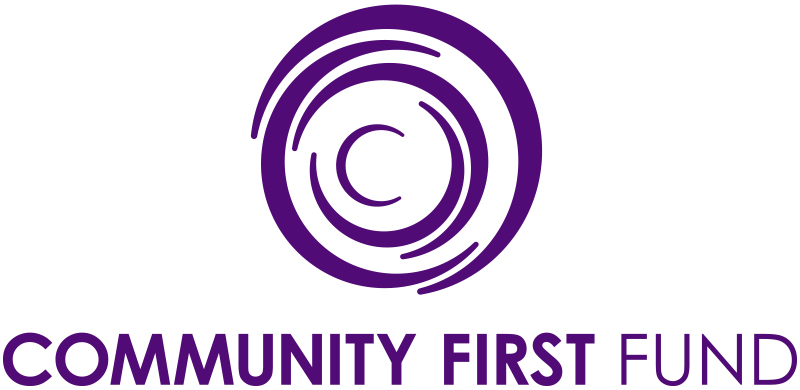



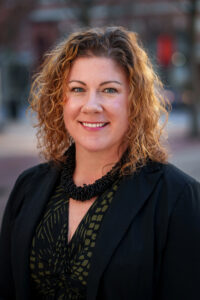
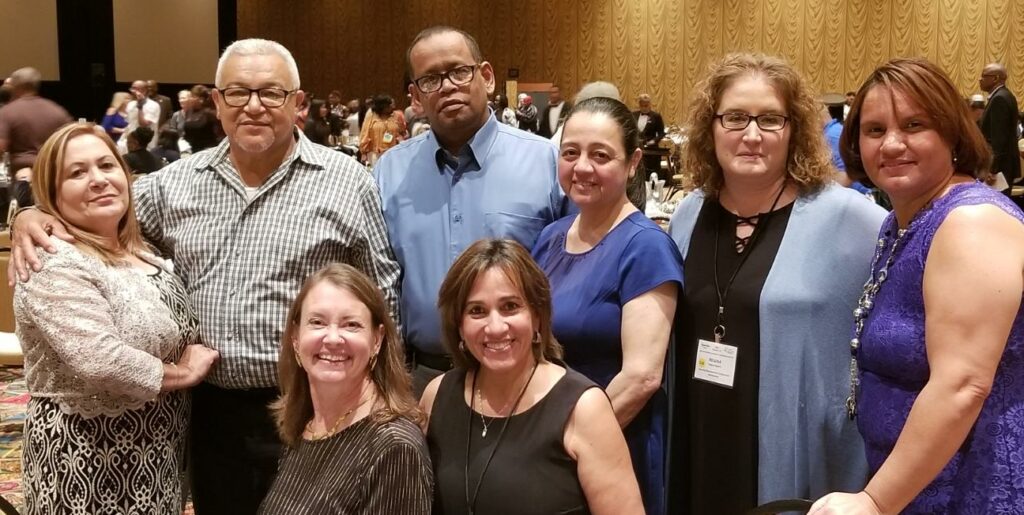 Every voice matters. At HDC, we are committed to raising up resident voices and opening doors so that residents can actively participate in the democratic process, speak out on issues important to them and their communities, and communicate how policies affect their everyday lives. We believe it is important to make the time and space to listen, and to support resident leaders in effectively using their voices. We support resident advocacy opportunities through our Resident Academy of Leadership & Inspiration, Voter Registration Drives, and holding constituent meetings and tours with elected officials.
Every voice matters. At HDC, we are committed to raising up resident voices and opening doors so that residents can actively participate in the democratic process, speak out on issues important to them and their communities, and communicate how policies affect their everyday lives. We believe it is important to make the time and space to listen, and to support resident leaders in effectively using their voices. We support resident advocacy opportunities through our Resident Academy of Leadership & Inspiration, Voter Registration Drives, and holding constituent meetings and tours with elected officials.
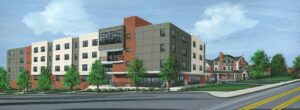 Allentown, PA
Allentown, PA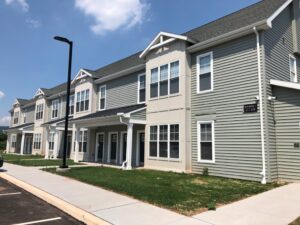 Fredericksburg, PA
Fredericksburg, PA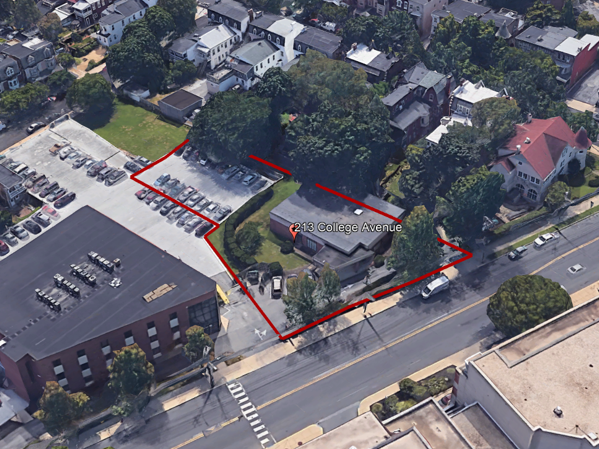 Lancaster, PA
Lancaster, PA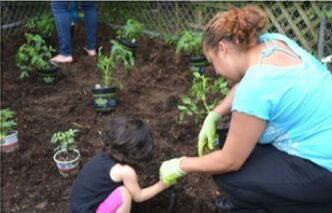 Finding a place to live that meets one’s basic needs and budget can feel like a never-ending challenge. The complexity of lower-income families and individuals extend far beyond simply finding a safe, affordable, and welcoming place to call home. At HDC, we are committed to being an ally in speaking to issues, programs, and policies that improve quality of life of our residents. Issues that we know are important to our residents include:
Finding a place to live that meets one’s basic needs and budget can feel like a never-ending challenge. The complexity of lower-income families and individuals extend far beyond simply finding a safe, affordable, and welcoming place to call home. At HDC, we are committed to being an ally in speaking to issues, programs, and policies that improve quality of life of our residents. Issues that we know are important to our residents include: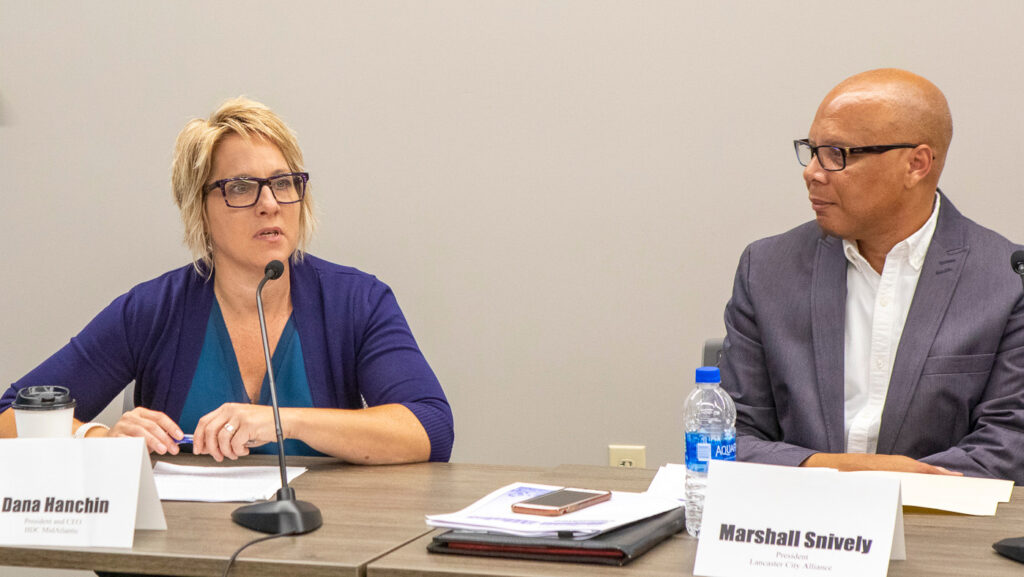 We know we can’t solve the affordable housing challenge alone. We need champions to help change the conversation around what home means and why it matters. We are committed to educating elected officials to understand the needs and challenges of their constituents. We are here to provide solutions that work and offer affordable housing expertise that demonstrates the impact policy decisions have on lower-income families, seniors and those with disabilities. We work closely with and participate in alliances and coalitions to educate and advance shared policy priorities. Our advocacy partners include:
We know we can’t solve the affordable housing challenge alone. We need champions to help change the conversation around what home means and why it matters. We are committed to educating elected officials to understand the needs and challenges of their constituents. We are here to provide solutions that work and offer affordable housing expertise that demonstrates the impact policy decisions have on lower-income families, seniors and those with disabilities. We work closely with and participate in alliances and coalitions to educate and advance shared policy priorities. Our advocacy partners include: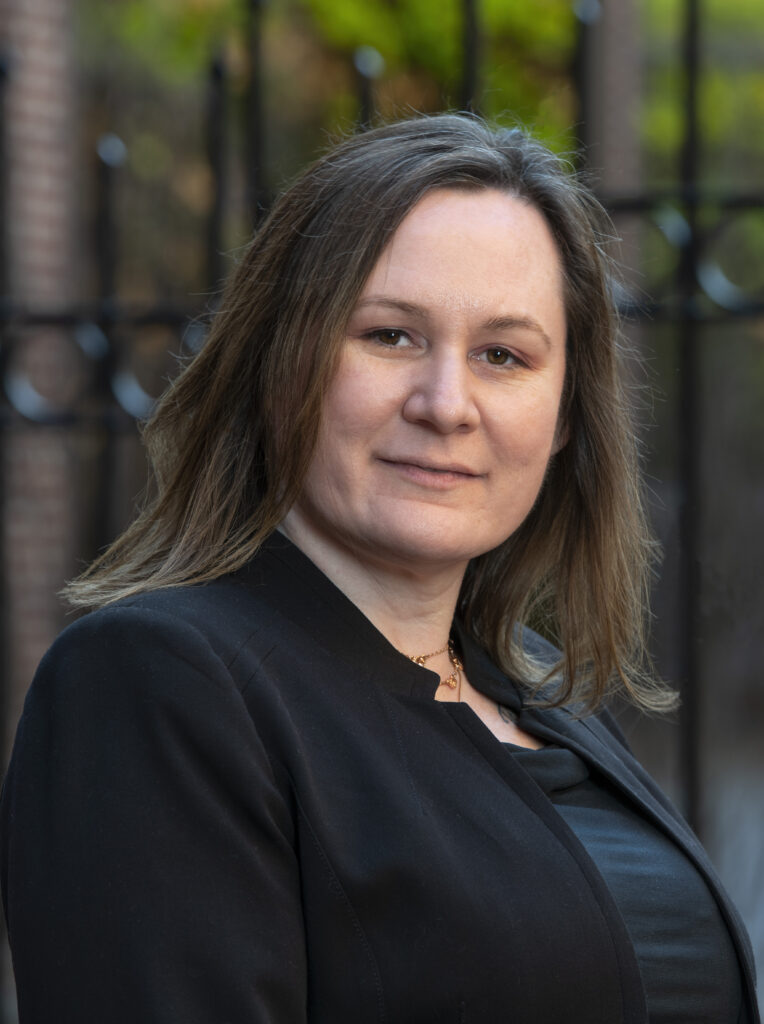 Wendy Smith serves as the Vice President of Property Management, responsible for the overall strategic direction for HDC’s management portfolio and the organization’s largest staff team. Previously, Wendy served as Asset and Operations Manager for a leading real estate firm based in New York City which owned over 11,000 affordable homes. Since 2008, Wendy has held roles in regional level operations for commercial and for-profit housing agencies. Wendy holds a degree in International Studies.
Wendy Smith serves as the Vice President of Property Management, responsible for the overall strategic direction for HDC’s management portfolio and the organization’s largest staff team. Previously, Wendy served as Asset and Operations Manager for a leading real estate firm based in New York City which owned over 11,000 affordable homes. Since 2008, Wendy has held roles in regional level operations for commercial and for-profit housing agencies. Wendy holds a degree in International Studies.
